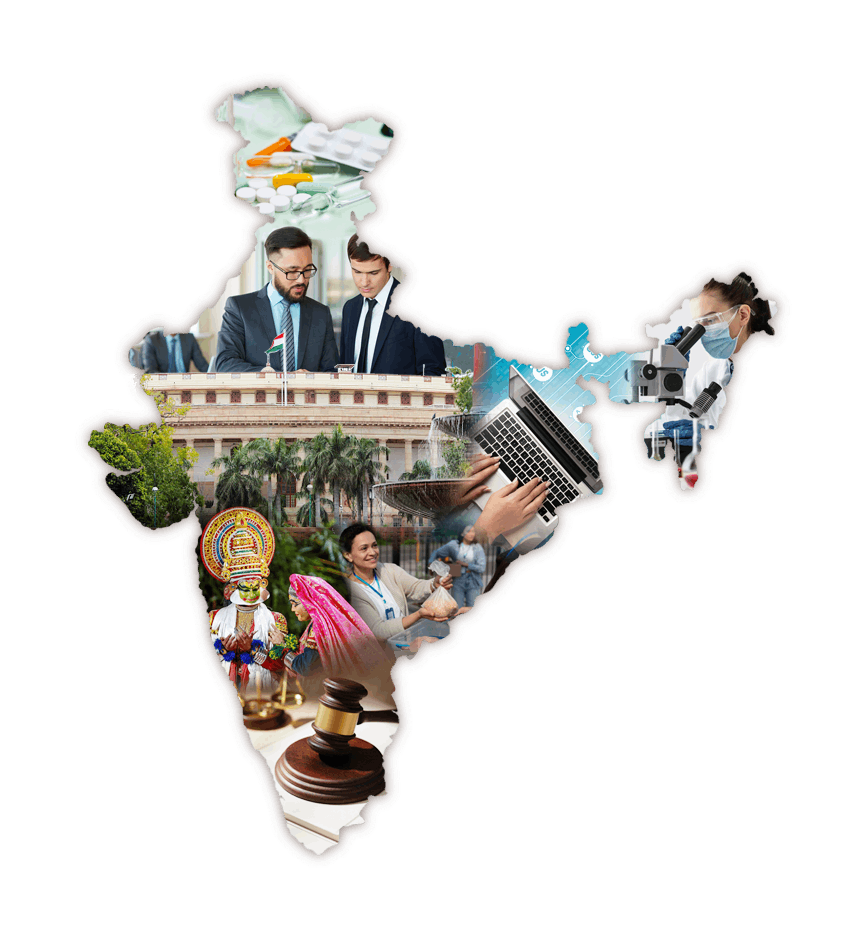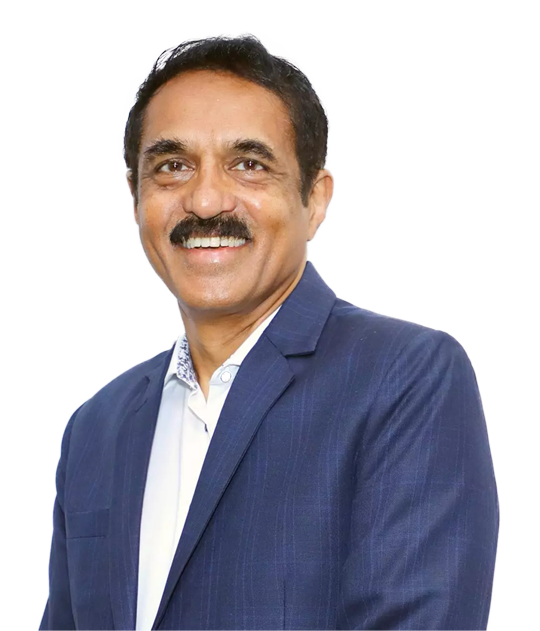Universal healthcare and universal education are the foundations of a progressive and prosperous society. Disease attacks poor and rich alike but it is the poor who are left helpless and devastated. To treat a disease – heart ailments, cancer, or other non-communicable ailments – we must ensure it is treated the right way, the first time. Right technology and talent are required to do that. The treatment costs should be fair for both patients and hospitals, and this cost can be covered by the right kind of insurance that every patient must have today. This will help them get the right treatment, that too cashless across the country and at the same time will incentivize private enterprise to penetrate tier 2 and 3 cities. On the other hand, the government must redefine its role, it cannot be a service provider as well as a monitoring body. The government should only monitor and ensure that the right and optimal quality of services are provided. The best government is that which governs the least. It should not become an impediment to growth. India’s private enterprise is remarkable, and they must be involved in a big way for sustainable delivery of quality healthcare.
Similarly, universal education is critical for India to become an advanced nation. High quality education in multiple regional languages accompanied with job-oriented skills training should be imparted in India’s rural areas. This will bring the children and youth in villages on a par with those in urban areas. Our youth is extremely promising and intelligent. They are doing extraordinarily well abroad and heading several large companies in the US, Europe and elsewhere. There also some exceptional Indian medical professionals and academicians abroad. We have the intellectual capability, and we can make it happen in India as well. If only India is unbound, it can achieve all this.



